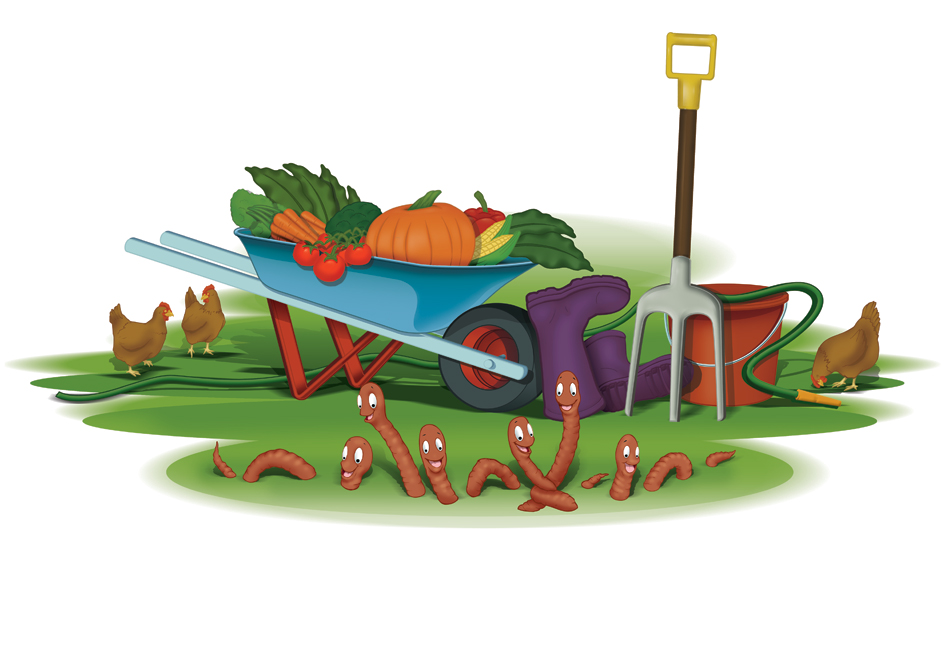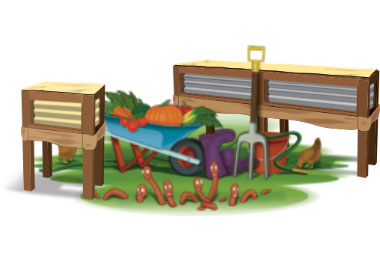
03 Jan 6 Tips for Worm Farms
Moisture is most important
Provide ideal conditions and your worms will thrive
Composting worms naturally live, breed and eat in a moist environment. Many failures occur during summer temperatures. Keep your worm farm moist. If you are going away for a few days Punch the smallest needle hole possible into the base of a large bucket. Fill with water, place on top of a cardboard cover.
1. Odor: Excess food waste or moisture in the farm can produce a strong, unpleasant smell. .
2. Pest infestations: Mites and fruit flies can be common problems in worm farms, especially if the farm is not kept clean ie food waste has not decomposed.
3. Overcrowding: The worms may not have enough space or food, leading to poor health and reduced composting efficiency.
4. Poor drainage: If not enough drainage, excess moisture can build up. Worms breath through their skin. Too much water depletes oxygen.
5. Lack of oxygen: The worms in the farm need oxygen to survive, and if the farm is not aerated properly, the worms may die.
6. Poorly balanced diet: The worms in the farm need a balanced diet of food waste and bedding material to thrive as the worms may not be able to process the waste efficiently.
Bonus Tip – Oxygen!
“A flow through worm farm enables oxygen and moisture to flow through” Bacteria within thrives in this environment to efficiently decompose the organic elements in which worms consume.
A flow-through worm farm is a type of composting system that uses worms to break down organic material

No Comments